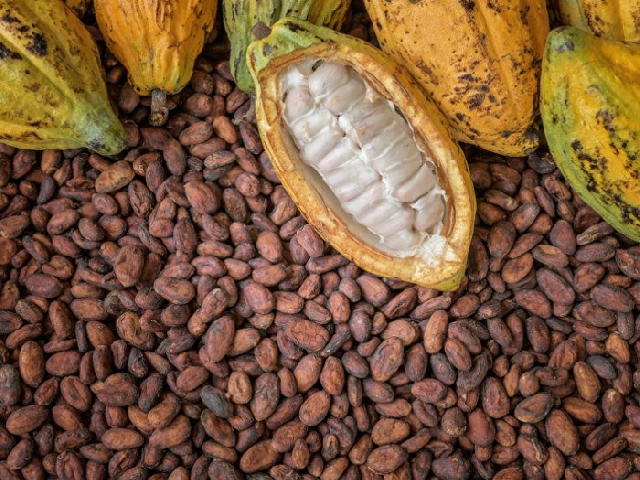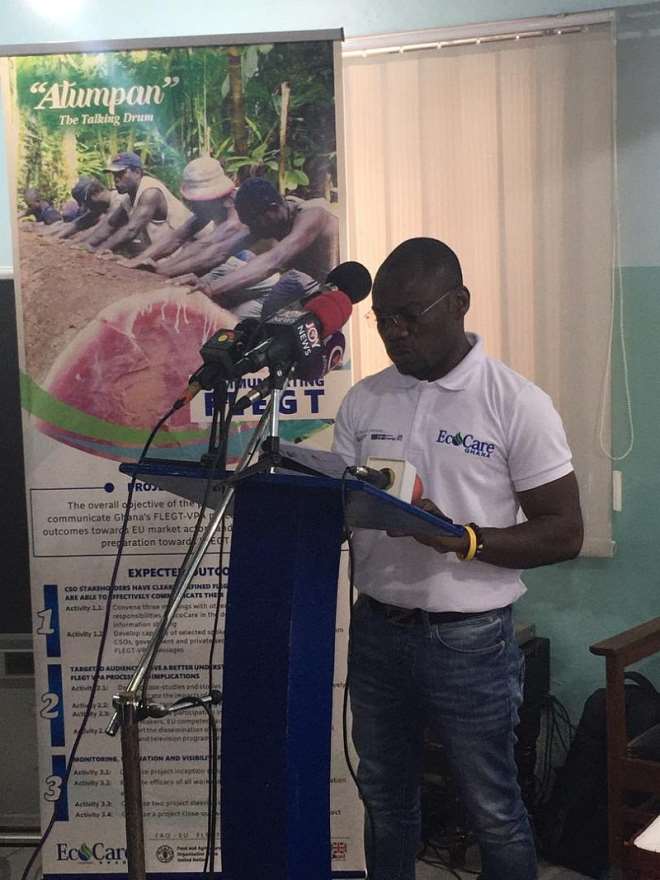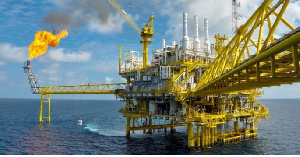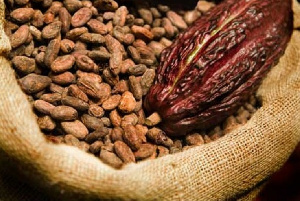Ghana, Ivory Coast Fix Cocoa Prices To Stop Exploitation Of Farmers

Ghana and Cote d’Ivoire have set their own prices for cocoa to counter unfair trade in the international market.
To overcome control by multinational foreign companies, the two countries partnered in 2019 and agreed on new market price for cocoa at US$2,600 per tonne, with a living income differential of US$ 400 per tonne should prices drop.
EcoCare Co-founder and Managing Campaigner in West Africa, Obed Owusu-Addai, said despite the countries contributing to the global market, cocoa farmers still live under the poverty line.
“The partnership of the two countries intends to protect and safeguard the welfare of cocoa farmers by guaranteeing them a fair price for their cocoa beans,” Owusu-Addai said at the ongoing Fourth African Conference of Science Journalists.
He said farmers get three per cent of the cocoa and chocolate earnings. As a source of livelihood in West Africa, cocoa – a large beanshaped fruit from the chocolate tree – has health benefits that include improved cholesterol and blood sugar level, and reduced inflammation.
It is also used as a chocolate flavour in foods. Owusu-Addai said processors, supermarkets, marketing companies and manufacturers earn 73 per cent of the revenue, leaving the farmers that grow the crop on two to five acres of land with almost nothing.
He told the virtual conference that although the multibillion industry was benefiting from the trade, they were against paying extra amounts to avoid incurring additional costs.
The activist said through a lobby, the World Cocoa Foundation, the international buyers sought to avoid the new prices through excuses of sustainability programmes.
He said the two countries threatened to cancel all sustainability programmes if the buyers refuse to pay the US $400 living income differential per tonne of cocoa beans.
Owusu-Addai said Cote d’Ivoire and Ghana are the current major exporters of raw cocoa to the European Union market, contributing to 74 per cent of production in Africa.
The Ivorians produce 54 per cent and the Ghanaians 20 per cent of the exports. “The major importers are the Netherlands, United States of America, Germany and Belgium who consume cocoa from small-scale farmers and large-scale plantations,” he said.
In 2019, the cocoa market injected US$12.1 billion into the economies of Ghana and Cote d’Ivoire, while the chocolate market generated over US$ 130.7 billion.
The farmers in Cote d’Ivoire benefited from a 21 per cent increase in farm gate prices by the government.
“Before 2016, the farm gate prices dropped drastically due to international prices control,” said Owusu-Addai. In Ghana, the government had capped prices at GH515 per 64kg bag for a continuous four years in the same period. “But with the new partnership and agreement, the prices in Ghana rose to GH660 (USD113) per bag, that is a 28 per cent increment,” said Owusu- Addai.
He said the countries’ initiative to regulate prices through a partnership can be replicated in other African countries that trade in commercial export crops such as coffee in the East African region. “For success to regulate prices in the European Union, mutual trade partnership is the proven way to go,” he said.






